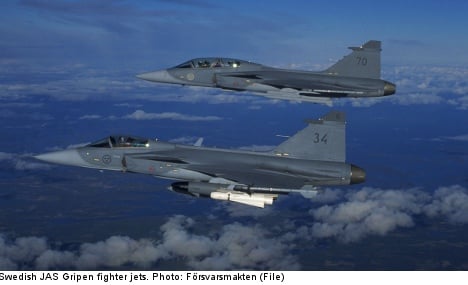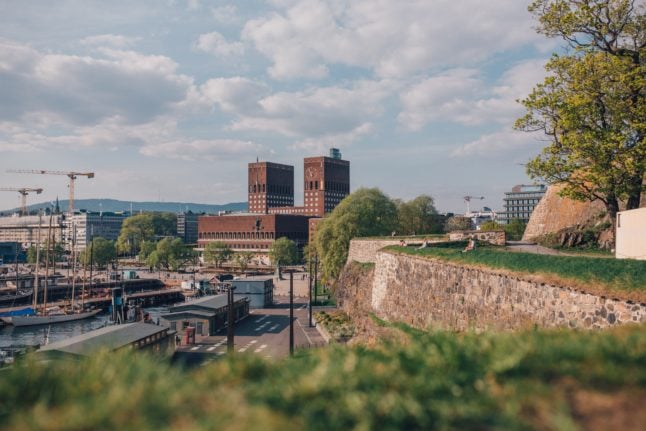The figures came in way below analyst expectations which had indicated an average net profit of 130 million kronor, according to a compilation of forecasts made by Reuters.
Turnover fell to 5.89 billion kronor from 6.23 billion kronor, and orders more than halved to 3.17 billion kronor from 7.64 billion kronor a year earlier.
Saab’s management believes that market conditions will remain challenging for the rest of 2013.
“Due to the market, continued high investments in product development and cost efficiency measures the forecast is adjusted for the year,” said CEO Håkan Buskhe in a comment on the report.
According to the new forecast, sales revenue in 2013 is expected to be in line with 2012. Earlier forecasts from Saab had indicated that revenue would increase slightly.
The forecast for Saab’s operating margin was adjusted down to the level of the first half of 2013, instead of expectations that it would be in line with the 2012 margin of 7.7 percent.
TT/The Local/pvs



 Please whitelist us to continue reading.
Please whitelist us to continue reading.
Member comments